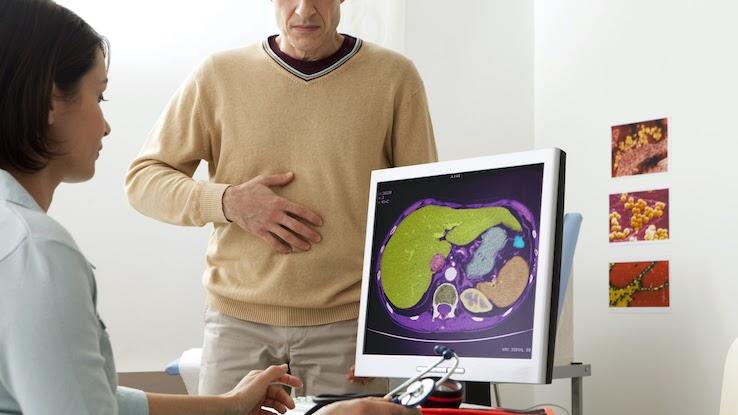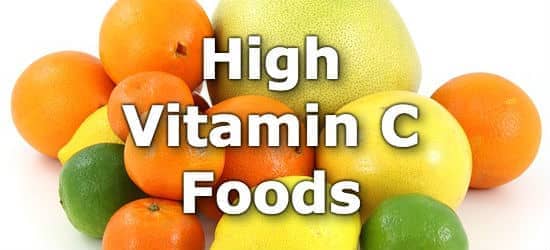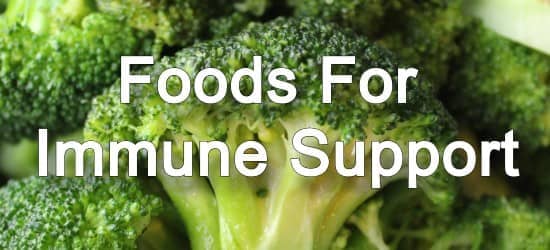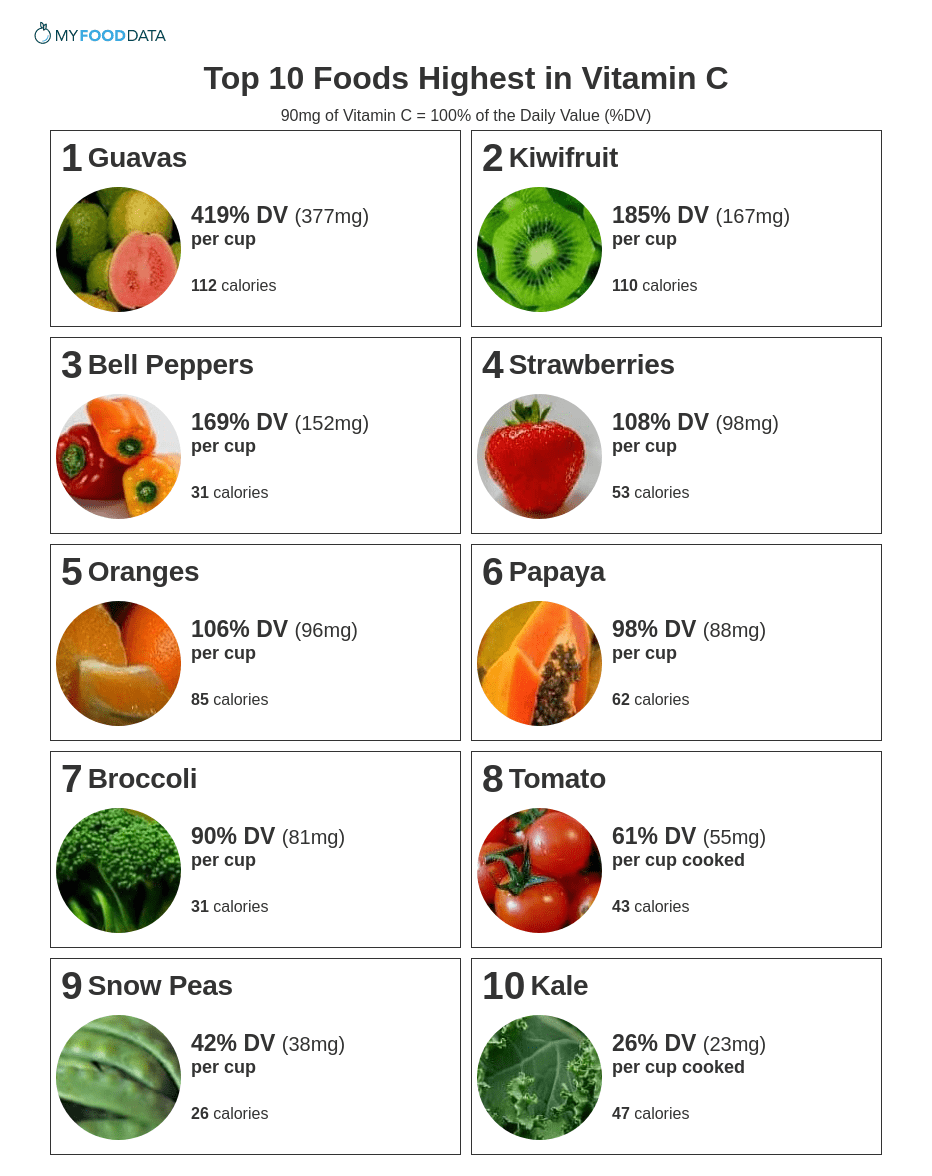Lancome Visionnaire Vitamin C
This product is coming soon! Add to your wishlist to receive an in stock email notification
Other customers purchased instead

Lancôme Visionnaire Skin Solutions 15% Vitamin C 20ml
GBP 44.1
RRP: £63.00 £44.10 Save: £18.90
Payment will be taken every month. months.
-
3 instalments of £14.70 with klarna slice Learn more
-
4 instalments of £11.02 with clearpay Learn more
-
6 weekly payments from £7.35 with laybuy Learn more
-
6 instalments of £7.35 with splitit Learn more
-
5 monthly instalments of £8.82 with openpay Learn more
-
4 instalments of £11.02 with zip Learn more
Banish dullness and discolouration with Lancôme Visionnaire Skin Solutions 15% Vitamin C, a powerful concentrate that works to reignite radiance in the complexion. Effortlessly sinking into skin, the brightening serum uses an exclusive Jasmonate derivative to balance the appearance of dark spots and pigmentation in order to unify uneven skin tones and restore a healthy, youthful glow. Expect a silky-soft texture and a luminous tone.
Shake the product before use. Place 4 to 5 drops in the palm of your hand, then use fingertips to apply to a clean, dry face. Let the product sit for a few moments. Apply your usual moisturising cream.
Aqua / Water, Ascorbic Acid, Alcohol Denat., Dipropylene Glycol, Glycerin, Laureth-23, Tocopherol, Hydrolyzed Hyaluronic Acid, Sodium Hydroxide, Pinus Pinaster Bark/Bud Extract, Neohesperidin Dihydrochalcone, Methyldihydrojasmonate, Bht, (F.I.L. B223079/1).

Lancôme Visionnaire Skin Solutions 15% Vitamin C 20ml
GBP 44.1
RRP: £63.00 £44.10 Save: £18.90
Payment will be taken every month. months.
FREE UK DELIVERY OVER £25
Quantity
( 0 item is in your basket items are in your basket )
-
3 instalments of £14.70 with klarna slice Learn more
-
4 instalments of £11.02 with clearpay Learn more
-
6 weekly payments from £7.35 with laybuy Learn more
-
6 instalments of £7.35 with splitit Learn more
-
5 monthly instalments of £8.82 with openpay Learn more
-
4 instalments of £11.02 with zip Learn more
Delivery & Returns
To see our available delivery options please Click here
If I'm not completely happy with my item?
Live Chat
Average connection time 25 secs
Average connection time 25 secs
Banish dullness and discolouration with Lancôme Visionnaire Skin Solutions 15% Vitamin C, a powerful concentrate that works to reignite radiance in the complexion. Effortlessly sinking into skin, the brightening serum uses an exclusive Jasmonate derivative to balance the appearance of dark spots and pigmentation in order to unify uneven skin tones and restore a healthy, youthful glow. Expect a silky-soft texture and a luminous tone.
Shake the product before use. Place 4 to 5 drops in the palm of your hand, then use fingertips to apply to a clean, dry face. Let the product sit for a few moments. Apply your usual moisturising cream.
Aqua / Water, Ascorbic Acid, Alcohol Denat., Dipropylene Glycol, Glycerin, Laureth-23, Tocopherol, Hydrolyzed Hyaluronic Acid, Sodium Hydroxide, Pinus Pinaster Bark/Bud Extract, Neohesperidin Dihydrochalcone, Methyldihydrojasmonate, Bht, (F.I.L. B223079/1).
Customer Reviews
Overall Rating : 5.0 / 5 (1 Reviews)
- 1 5 star reviews
- 0 4 star reviews
- 0 3 star reviews
- 0 2 star reviews
- 0 1 star reviews
Top Customer Reviews
Where reviews refer to foods or cosmetic products, results may vary from person to person. Customer reviews are independent and do not represent the views of The Hut Group.
Bube
I love that this product comes in two vials. Vitamin C is very unstable and having two goals makes me more confident about purchasing a concentrate. Furthermore, this product is lightweight, does not break me out, and maximizes my sun protection. (Sunblock and vitamin c, when paired together, strengthens each other.)SO i love this and the packaging is beautiful. Very Sleek and Very modern.Its so soft to the touch and feels great.
Report this review
Source: https://www.lookfantastic.com/lancome-visionnaire-skin-solutions-15-vitamin-c-20ml/11903530.html

















 Amla candy is good for eyesight and for the brain. Picture courtesy: Theindianvegan.blogspot.in.
Amla candy is good for eyesight and for the brain. Picture courtesy: Theindianvegan.blogspot.in.











